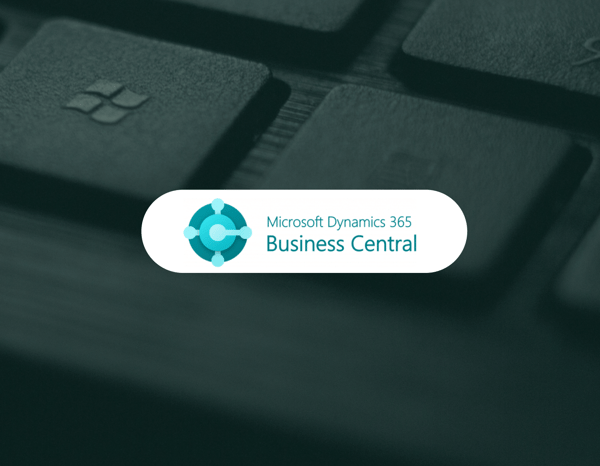

In 2025, the manufacturing industry is still dealing with a lot of uncertainty. Fluctuating costs and interest rates are making it harder to plan ahead, and changing consumer habits are adding to the challenge. Supply chain issues and shortages of raw materials are still a problem, partly due to lingering global disruptions.
That's why finding practical ways to work more efficiently and keep costs down is more important than ever.
Benefits of AP automation for manufacturing companies
AP automation for the manufacturing industry is one of the key finance processes where companies can find cost and time savings.
Research companies have found that manually processed invoices cost, on average, $12 to $30 per invoice, considering salary costs.
Most companies that automated their AP process showed savings of 40% to 60%.
The big change happens in time spent on processing invoices, but there are other benefits as well:
- Decreased in time spent by the AP department (up to 80%)
- Shortened turnaround times from days to minutes
- Up to 97% less errors
- Cost savings from 40% up to 60%
Challenges in traditional AP processes
Manufacturing companies work with multiple challenges when it comes to invoice processing and accounts payable.
First, the sheer volume of invoices that manufacturing companies receive can be overwhelming. Accounts payable teams may struggle to keep up with the number of invoices and may risk falling behind on payments or making errors. Checking and approving invoices does not only create work hours for the finance team, but approvers also spend a considerable amount of time checking and approving invoices.
Second, manufacturing companies deal with many suppliers, vendors, and contractors. Managing accounts payable for all these entities can be complicated as each may have different payment terms, invoicing requirements, and delivery schedules.
Challenge 1: High volume of invoices
To build and create, manufacturing companies order a lot of materials. These interactions usually create a purchase order, which is key for accounts payable automation. For these companies, the percentage of invoices based on purchase orders can climb up to a staggering 90% of all invoices received.
As they say, prioritize the low-hanging fruit. By automating purchase order invoices, manufacturing companies can get a good ROI on their investment.
Solution 1: PO-matching
The route to automating invoices based on purchase orders is called purchase order matching (or PO-matching or 2-way matching). In simplified terms, it means comparing POs and incoming invoices and adding the correct posting and workflow information on the invoice automatically.
Purchase orders are generated within the ERP system, an external requisitioning system, or a blend of both. This PO data is imported into Rillion. When the invoices start to arrive, the system automatically matches the invoice against the corresponding purchase order according to predefined business rules and tolerances and adds the needed coding from the purchase order data.
If everything is correct, the invoice can be sent forward to the accounting system for recording and payment immediately, without manual handling. It doesn’t get any easier than that!
Solution 2: 3-way match
If any information is missing or incorrect, the invoice will be sent into an approval workflow, where an employee can check and add information.
3-way match verifies the invoice against its corresponding purchase order and goods receipt, whereas PO-matching (or 2-way matching) only verifies the invoice against the corresponding PO.
This video explains the benefits of 3-way matching in accounts payable:
Solution 3: Automated invoice data capture
Is your company receiving many pdf and paper invoices? To get to the efficient AP process, the first step is making sure your AP department does not need to waste time manually coding in invoice data to the ERP.
This is where invoice capture software is your best friend. The solution reads and extracts all the important data from the invoice using OCR technology and populates the data fields inside Rillion’s central dashboard.
Rillion’s invoice data capture solution processes invoices in any format including paper or email. File formats include PDF, EDI, XML and more.
Challenge 2: Complex supply chains
One of the major challenges facing the manufacturing industry in terms of accounts payable (AP) automation is managing the complexity of their supply chains.
With multiple vendors, distributors, and suppliers involved, the process of tracking and reconciling invoices and different contracts can become quite daunting.
Suppliers may be in different countries and use different languages and have different invoice information.
Solution 1: Contract management
Keep track of all vendor contracts in a centralized way. Store documents in Rillion and make them searchable to the right people at the right time.
Link documents to invoices in order to see the needed information before payment. You can also set up automatic reminders when a contract is about to expire to make sure new negotiations can take place.
Solution 2: Vendor Guide
No matter where in the world the vendor is, it’s crucial to provide vendors with clear instructions regarding the required information to be included on the invoice. This information is essential for automatic handling to work seamlessly.
To facilitate this, it’s advisable to provide vendors with these instructions during the early stages of the negotiation phase, to simplify the automation process later on. By prioritizing clear and thorough communication with vendors, organizations can ensure the success of their AP automation efforts.
Discover AP automation for manufacturing with Rillion
Rillion is an accounts payable (AP) automation platform and we help businesses streamline invoice management, automate 3-way PO matching, automate approval workflows, and optimize payment processes.
Book a personalized demo to explore how Rillion can benefit your manufacturing operations. One of our experts will guide you through the platform and discuss solutions tailored to your needs.

